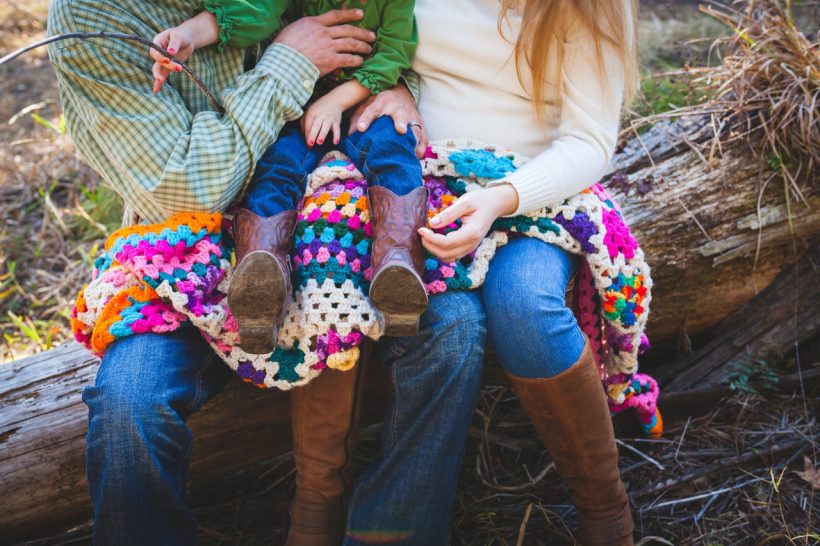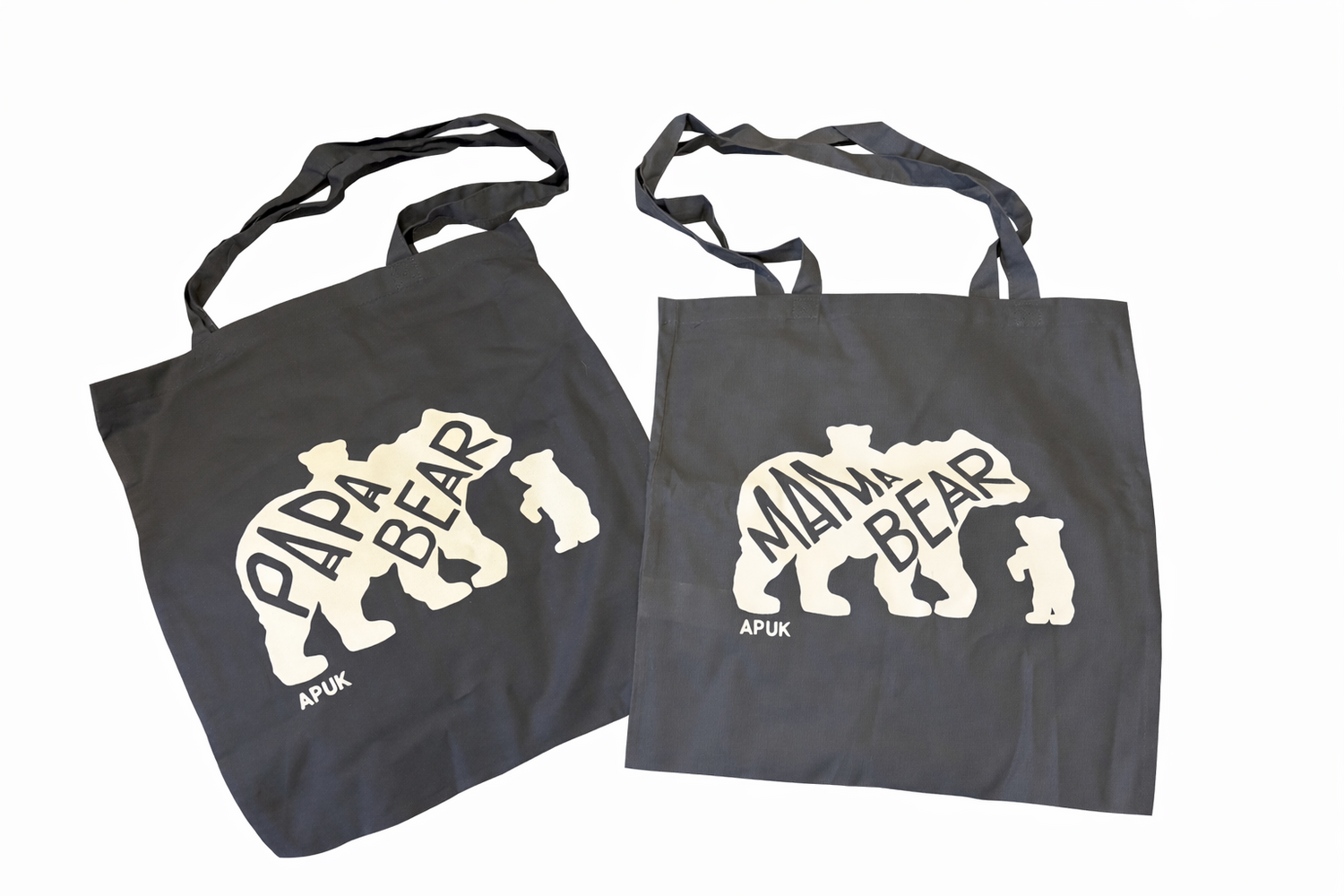Microaggressions and children's rights are a hot topic for me. I first came across
National Children’s Day a couple of years ago when I was researching children’s rights, and what campaigns and initiatives existed in the UK to promote them.
The Department for Education is supposed to make sure everyone knows about (and respects) children’s rights, but they haven’t been, shall we say, proactive in doing that, so it’s left to everyday folk like us to spread the word.
National Children’s Day is an annual day dedicated to promoting the need to protect the rights and freedoms of children. This year it is focussing particularly on how adult well being is important for children’s wellbeing. It took place on Sunday 15th May. If you want to know what children’s rights are, just Google the UN Convention on the Rights of the Child. Its pretty comprehensive, and the UK signed up to the Convention 25 years ago. It’s a long list of articles that can be summarised as follows: children deserve to be treated like people, with dignity and respect, they deserve to be listened to and included in decision making and life, and they deserve to be protected from harm.
Which makes sense to me. Obviously children deserve to be treated as people, just because they are young doesn’t make them any less than anyone of any other age. Treating them like second class citizens would be age based discrimination.
I live in a bit of a children’s rights bubble. In our family we work really hard at respecting our own children’s rights, and our approach to home education is centred on children’s rights, so all in all children’s rights have become pretty normal for us. Microaggressions are something we bring as much consciousness to as we can. As parents we actively challenge our own beliefs about children and parenting in order to overcome inherited views that don’t take children’s rights into account, stemming from historically rooted views of children being inferior and subordinate to adults. What is quite cool to see is when our children, having experienced their rights as much as has been possible from birth, understand them in a really practical and every day sense. For example, in the supermarket the other day we were getting new swimming costumes. My daughter liked one with princesses on, I fancied one for her that was kind of retro with blue and white stripes. She reminded me it was her costume, going on her body, not mine, and it should be for her to choose which one she liked. Fair point. We got the princesses. It’s a small thing, but it matters. She’s a person, not a doll for me to dress up, and it was a good reminder. I am really glad that at 6 years old, she knows her personal boundaries and has a strong sense of self to enforce them.
As an adult, it’s really easy to overrule and be overbearing to children. Those small actions are microaggressions. It can be easy to get caught up in what we would like for them, rather than what they actually want and need themselves. I have to make a conscious effort to keep myself, as someone bigger, with more access to resources and influence than them, in check, so that they can live their lives the way they need to, as individuals with a different view on the world than me.
As I said, it’s a bit of a bubble I think, this existence. A friend was saying to me the other day that at school, her son wasn’t allowed to eat the apple in his packed lunch before his sandwich, because that wasn’t the ‘right way’ according to the adults. That’s kind of the opposite of respecting children’s rights – controlling something so basic as deciding what order a person eats their food in. Not even giving a person the freedom to eat their own packed lunch in the way that they want to and feels right to them. When people are deprived of personal autonomy, it can lead to them being overly dependent on authority figures and/or using disassociation as a coping strategy. When this happens consistently over childhood, it informs peoples belief systems and becomes very deeply entrenched and internalised. Not ideal if you want a society full of free and critically thinking, empowered people with a strong sense of self. The apple is just one tiny example of routine, every day,
socially normalised microaggressions against children. They add up. It seems to me that the traditional model for childhood serves to disorientate us. We get confused because people tell us there is this one right way to be, or that we should be doing things this particular way, that we should look, think or behave in a particular way that we have been told by someone with power over us, even when that might be in direct conflict with what we actually think, believe or need ourselves.
Very early on we are encouraged not to listen to ourselves or trust ourselves, or just be ourselves. Its like we get born, and then there is an 18 year period of being spun around and around in preparation for an epic game of pin the tail on the donkey, and we stagger off into adulthood, dazed and confused.
If we just respected children as people from the get go, we could avoid that whole spinning process. They could just be themselves, totally, from day one. It would be an adventure figuring out how to live in the world as themselves. Instead they spend a bunch of years working out how to get it ‘right’ so that they can fit into something that they don’t entirely understand anyway. Only to then spend years trying rekindle self-love and find their authentic selves in adulthood. Microaggressions are accumulative and I’d rather we never became distanced from self-love in the first place. To find out more about National Children’s Day, visit
www.nationalchildrensdayuk.com Written by Sophie Christophy Read more from about Sophie’s creative thinking for a fairer world at her
personal blog This article first appeared in the Herts and Essex Observer.



